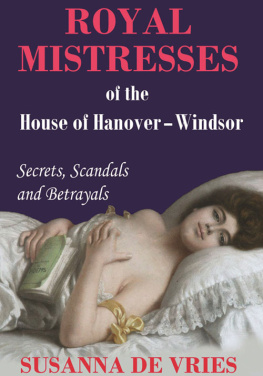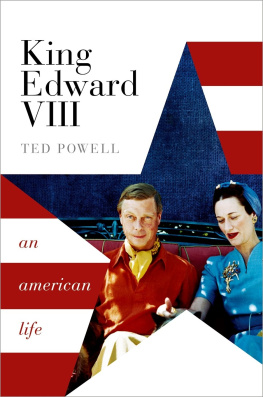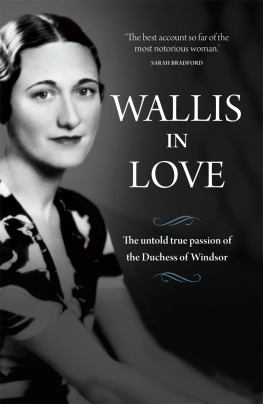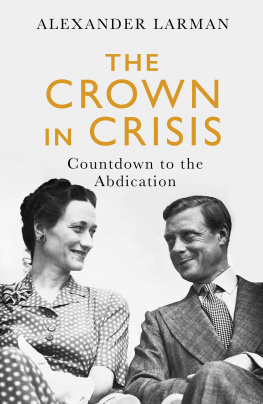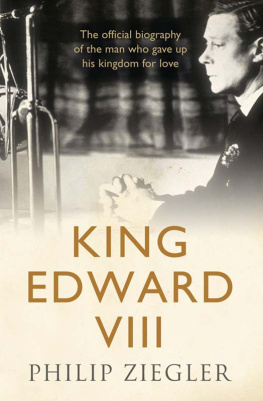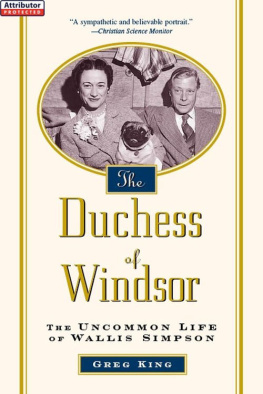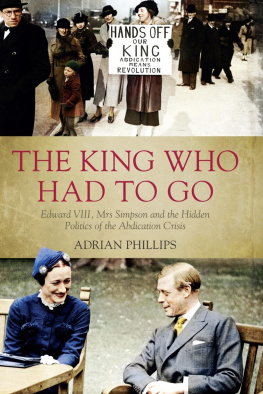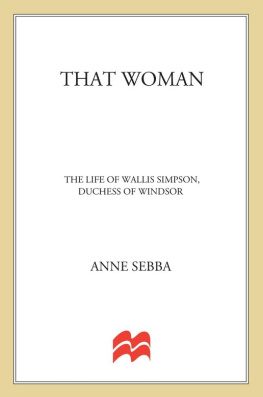William Collins
An imprint of HarperCollinsPublishers
1 London Bridge Street
London SE1 9GF
www.WilliamCollinsBooks.com
This eBook first published in Great Britain by William Collins in 2019
Copyright Anna Pasternak 2019
Cover image Getty Images
Lettering www.ruthrowland.co.uk
Family trees by Martin Brown
Anna Pasternak asserts the moral right to be identified as the author of this work
A catalogue record for this book is available from the British Library
Every effort has been made to contact copyright holders and obtain permission to reproduce material in this book. The publisher would be pleased to rectify any omissions in subsequent editions of the book.
All rights reserved under International and Pan-American Copyright Conventions. By payment of the required fees, you have been granted the non-exclusive, non-transferable right to access and read the text of this e-book on-screen. No part of this text may be reproduced, transmitted, down-loaded, decompiled, reverse engineered, or stored in or introduced into any information storage and retrieval system, in any form or by any means, whether electronic or mechanical, now known or hereinafter invented, without the express written permission of HarperCollins.
Source ISBN: 9780008297299
Ebook Edition March 2019 ISBN: 9780008297329
Version: 2019-03-05
To Wallis,
Her Royal Highness The Duchess of Windsor
I who had sought no place in history would now be assured of one an appalling one, carved out by blind prejudice
The Duchess of Windsor
The fault lay not in my stars but in my genes
HRH The Duke of Windsor
Contents
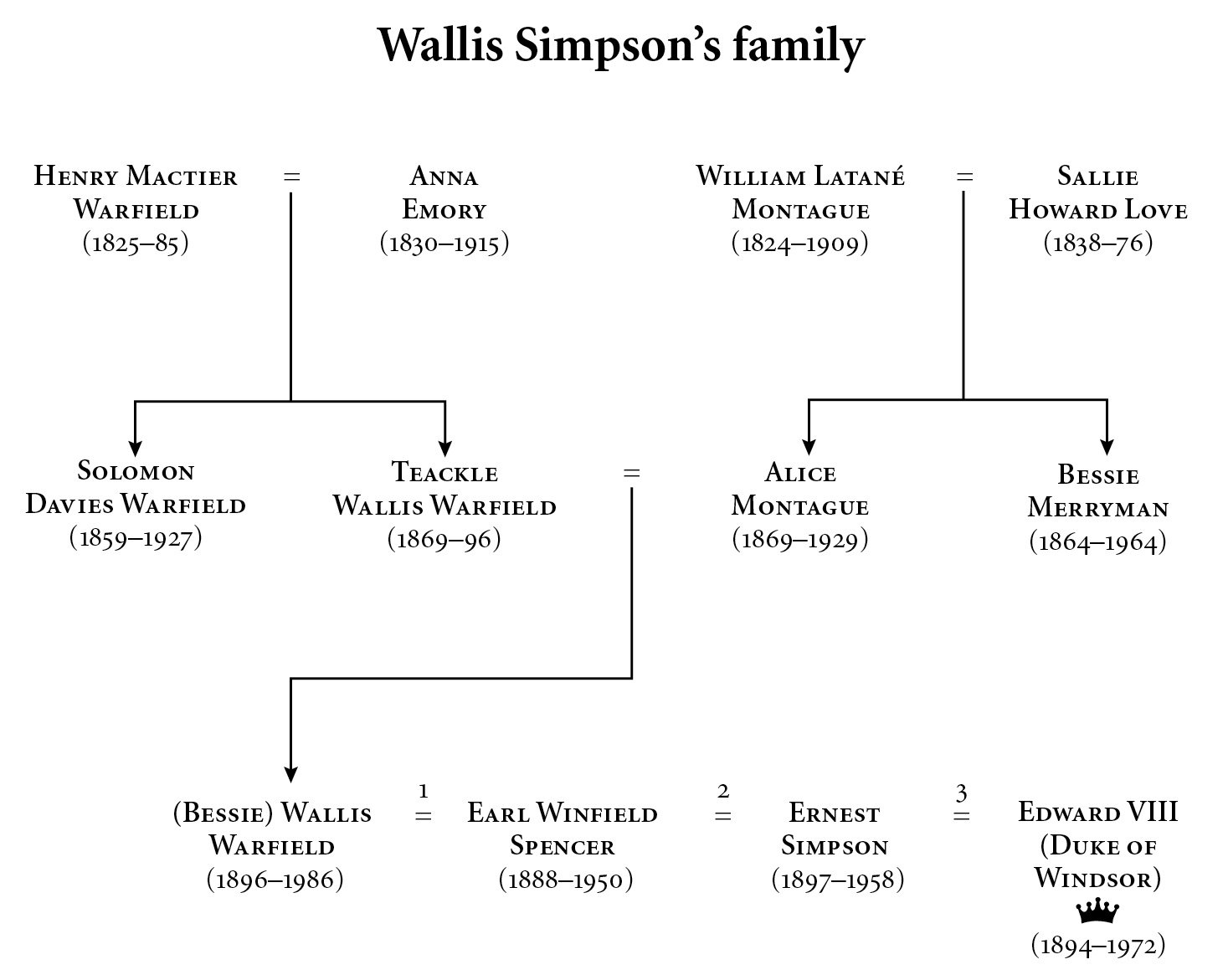
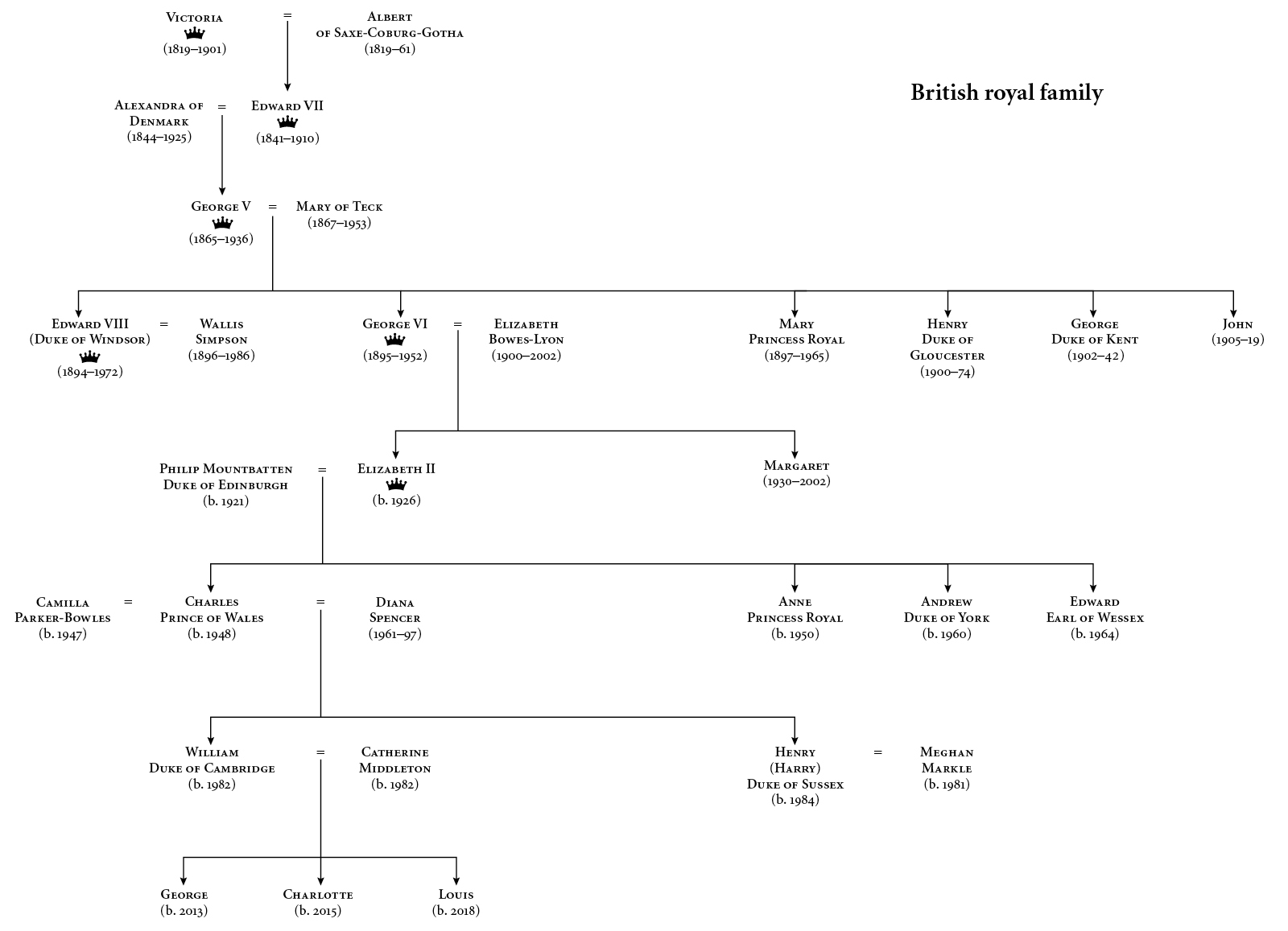
Prologue

Once upon a time there was a charming, handsome prince. Whenever he visited even the farthest reaches of his kingdom, his people flocked to see him. He was adored the world over. Everyone expected him to marry a pretty, well-bred English virgin who would one day become Queen of England and its vast empire. But, when the prince was thirty-seven years old having previously shown no sign of wanting to get married he fell in love with an odd-looking, twice-divorced American. No one thought that the affair would last, so everyone close to him kept quiet about it. When the princes father, the king, died five years later, the prince inherited the Crown. Courtiers assumed that the new king would find a suitable young bride. To their horror he said that he could not continue to be king without the American woman he loved by his side and that he intended to marry her. Everyone in the royal palaces, the prime minister, the government, the Church, were shocked. They accused the wicked witch-divorcee of being a sorceress who had cast a spell over their poor, gentle prince in order to become queen. The kings ministers told him that if he married this terrible woman, he would have to surrender the Crown.
But instead of renouncing his love, the king sacrificed his whole realm an empire of over five hundred million people to be with her. He only ruled for 326 days, making his reign one of the shortest in his countrys history. His devoted subjects were heartbroken. They blamed the ugly witch for taking their beloved sovereign away from them. His family banished him from the land, leaving him free to marry the woman he loved. Denied royal status, the couple spent the rest of their lives in exile, roaming the world aimlessly, sad that they could not return to the kings homeland and to the little castle that he adored. The world, meanwhile, imagined that this was the Greatest Love Story Ever Told and that husband and wife went on to live Happily Ever After.
***
The story of the abdication of King Edward VIII and his marriage to Wallis Simpson has been told so many times that it has taken on the character of a fairy tale. Like fairy tales, much of what we are repeatedly told is in fact make-believe. The most scandalous love affair of the twentieth century may have softened into a romantic legend with time, but dark myths still endure. The dashing young prince, whose charisma and glamour ensured him the status of a movie star, gave up the greatest throne in history, as Churchill called it, to marry his one true love, an American divorcee. Surely, there can be no greater act of sacrifice than to give up such power, privilege and adoration for love? And for a woman whose appeal was such a mystery to most.
Edward Albert Christian George Andrew Patrick David Windsor was considered the worlds most eligible bachelor. Society hostess Elsa Maxwell first met the Prince of Wales in the early 1920s at Mrs Cuckoo Bellevilles house in Manchester Square. He was a gay, golden-haired, blue-eyed, debonair Prince Charming, the most famous celebrity in the world, who seemed a Raphael angel grown up. He projected an aura of glamour that was as unmistakeable as it was authentic. To the fashion editor Diana Vreeland he was the Golden Prince. You must understand that to be a woman of my generation in London any woman was to be in love with the Prince of Wales.
Men were equally beguiled. Even the senior Palace courtier, Alan Lascelles, known in royal circles as Tommy and later a fierce critic of the former king, gushed in 1921 that the heir to the throne was the most attractive man I ever met. Piers Joey Legh, an equerry who remained in the princes service for twenty years, accompanying him into exile, said of Edward a decade after the abdication: his charm was so great that he would thrill with emotion if the duke entered the room just now.
When news of Wallis Simpsons affair with Edward broke from under a media blackout in 1936, what seemed unfathomable was why, when the Prince of Wales could have had any beauty he desired, he was smitten with an unconventional, severe-looking American, two years his junior with two living husbands. So much gossip and innuendo has been levelled at Wallis that it has become near impossible to discern the real woman or to hear her authentic voice amid the cacophony of condemnation. As her friend Herman Rogers said of her in 1936, much of what is being said concerns a woman who does not exist and never did exist. Lady Monckton, a close friend of the Windsors, later concurred: People were always being nasty about Wallis. You must remember how jealous people felt when the Prince of Wales fell in love with her.
Ever since, we have been overfed a diet of fantastical slander: that Wallis was really a man; that she had a perverse psycho-sexual hold over the prince; that she used manipulation and feminine wiles to lure him into abdicating; that she was a ruthless, cold, ambitious bitch, who schemed from the outset to be Queen of England. The well-worn view is that she alone was responsible for almost bringing down the British monarchy, triggering a constitutional crisis caused by her determination to marry the heir apparent. We have experienced her so fully as Machiavellian through others projections and prejudice, through misogynistic memoirs, biographies and unflattering portrayals, that she has become a caricature of villainous womanhood. Devoid of warmth, emotional complexity and a beating heart, she remains the brittle victim of salacious chatter and brutal character assassination many decades after her pitiful death.



